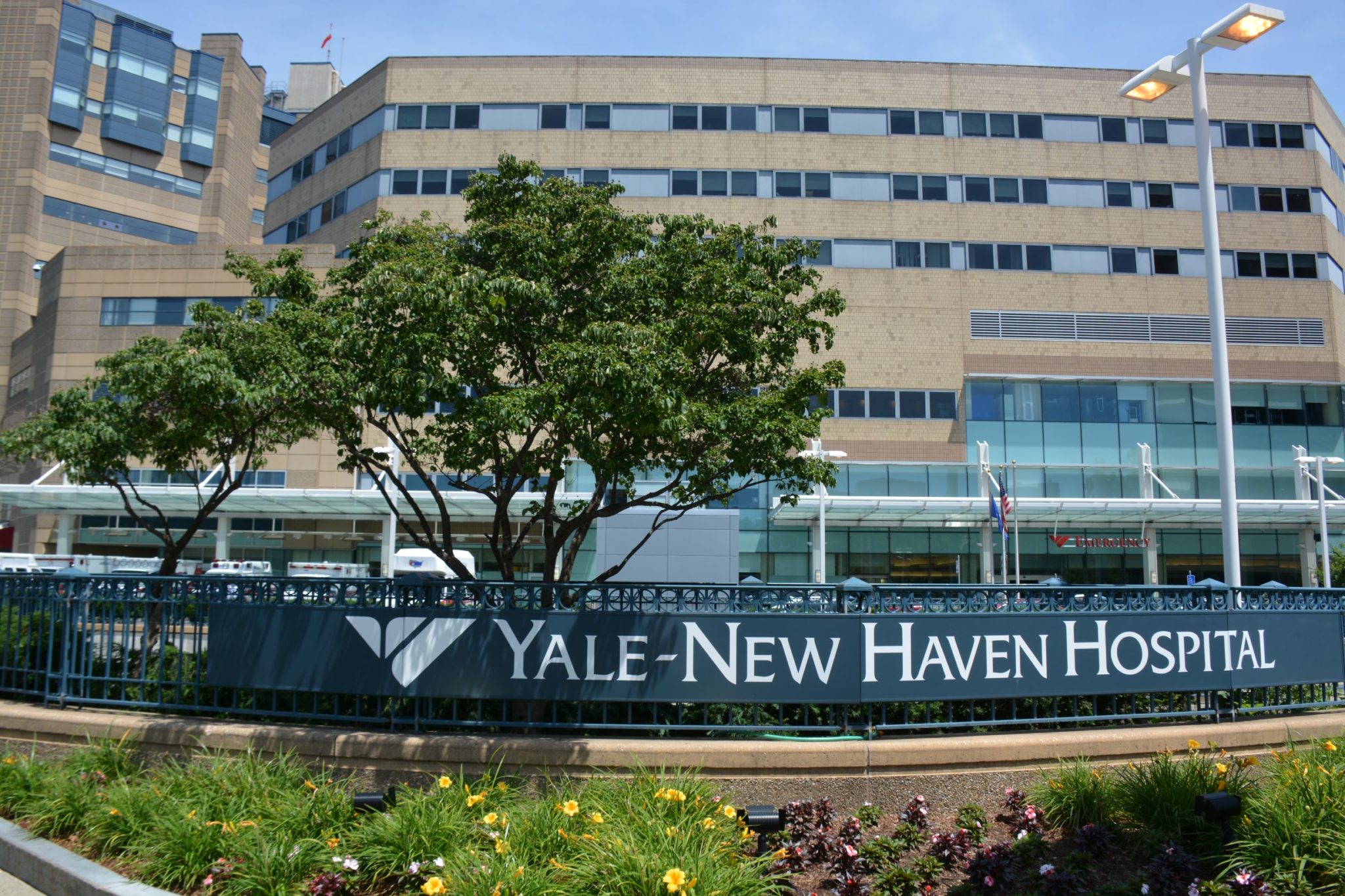
Schirin Rangnick
A homeless man who tested positive for COVID-19 fled from mandated Yale New Haven Hospital quarantine on Sunday morning.
The unidentified 50-year-old patient escaped the hospital on foot and was found by New Haven police hours later in Milford, Connecticut. The man had defied a quarantine order issued several days prior by the New Haven Health Department. After issuing a missing person broadcast to law enforcement agencies, New Haven police detained a man in downtown New Haven, who was later determined not to be the patient. The patient is now being quarantined under police guard in the Milford Campus of Bridgeport Hospital.
“We are working with the city of New Haven to discharge those patients who do not require hospitalization but lack appropriate home settings,” said YNHH Senior Vice President Vincent Petrini. “However, under current Connecticut law, quarantine orders are issued to individuals and we do not have the authority to hold persons in hospital against their will.”
In a press conference earlier this week, New Haven Mayor Justin Elicker said he was planning to discuss the incident with YNHH leadership in order to avoid similar incidents recurring. Elicker has also put in motion plans to convert Hill Regional Career High School into a guarded site with 75 beds for homeless individuals infected with COVID-19. Elicker also said he was renting 84 hotel rooms to relieve the pressure on overcrowded homeless shelters.
The incident has prompted questions about the nature and specific powers of quarantine orders. According to New Haven Health Director Maritza Bond, the man was deemed a threat to public health when he left the hospital.
“We at the health department, of course, are carrying out our mission of ensuring that we are protecting and preventing COVID-19 from spreading and trying to track and surveil this COVID-19 virus,” Bond said. “We did issue a public health order to ensure that [the individual] would be quarantined and not discharged until he was cleared. Unfortunately, he left without medical advice.”
Bond had issued the man a legally binding quarantine order in New Haven, but the order does not extend to Milford. While he is technically not under a legal obligation to remain in the hospital in Bridgeport, Milford officials say that the man has agreed to stay where he is until he is no longer contagious.
The city has been pointing to Sec. 19a-221 of the Connecticut General Statutes as the legal grounds for giving city health directors the power to issue binding quarantine orders. The statute states that the local public health director can order someone with a communicable disease to be isolated or quarantined if they have “reasonable grounds” to believe that it is “necessary to protect or preserve the public health.” The statute cites an exception to this rule if a governor declares a public health emergency — which has been put in place by Gov. Ned Lamont during the COVID-19 pandemic. Now, the state commissioner of public health can also determine whether to quarantine an individual, and local health directors must comply with their orders.
According to Dan Barrett, the legal director of the Connecticut American Civil Liberties Union, quarantine orders should be scrutinized more heavily and issued by the state commissioner in order to ensure uniformity across the state.
Connecticut’s quarantine laws also stipulate specific conditions of quarantine premises — facilities must be safe and hygienic, and they must try to keep family members together and take into account cultural and religious beliefs. Individuals under quarantine also have the right to an attorney and to a court hearing within 72 hours to appeal an order of isolation. In addition, a quarantine order cannot be effective for more than 20 days.
According to the city of New Haven’s official website, Connecticut had 618 confirmed COVID-19 infections by Tuesday evening, 16 of which are in New Haven.
Meera Shoaib | meera.shoaib@yale.edu







